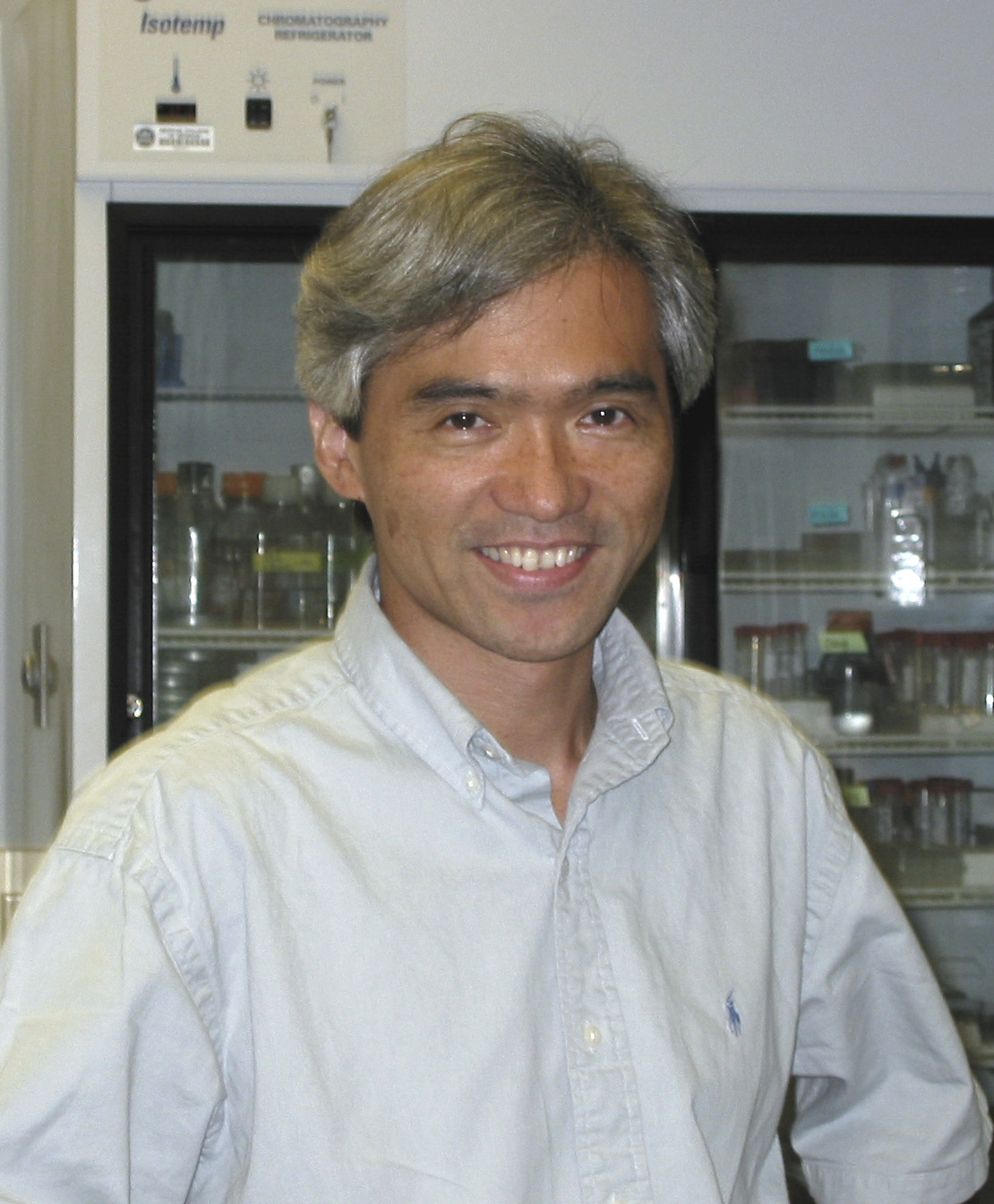Hepatitis C virus-cross-reactive TCR gene-modified T cells: a model for immunotherapy against diseases with genomic instability Journal Article
Local Library Link: Find It @ Loyola
| Authors: | Spear, T. T.; Riley, T. P.; Lyons, G. E.; Callender, G. G.; Roszkowski, J. J.; Wang, Y; Simms, P. E.; Scurti, G. M.; Foley, K. C.; Murray, D. C.; Hellman, L. M.; McMahan, R. H.; Iwashima, M; Garrett-Mayer, E; Rosen, H. R.; Baker, B. M.; Nishimura, M. I. |
| Article Title: | Hepatitis C virus-cross-reactive TCR gene-modified T cells: a model for immunotherapy against diseases with genomic instability |
| Abstract: | A major obstacle hindering the development of effective immunity against viral infections, their associated disease, and certain cancers is their inherent genomic instability. Accumulation of mutations can alter processing and presentation of antigens recognized by antibodies and T cells that can lead to immune escape variants. Use of an agent that can intrinsically combat rapidly mutating viral or cancer-associated antigens would be quite advantageous in developing effective immunity against such disease. We propose that T cells harboring cross-reactive TCRs could serve as a therapeutic agent in these instances. With the use of hepatitis C virus, known for its genomic instability as a model for mutated antigen recognition, we demonstrate cross-reactivity against immunogenic and mutagenic nonstructural protein 3:1406-1415 and nonstructural protein 3:1073-1081 epitopes in PBL-derived, TCR-gene-modified T cells. These single TCR-engineered T cells can CD8-independently recognize naturally occurring and epidemiologically relevant mutant variants. TCR-peptide MHC modeling data allow us to rationalize how TCR structural properties accommodate recognition of certain mutated epitopes and how these substitutions impact the requirement of CD8 affinity enhancement for recognition. A better understanding of such TCRs' promiscuous behavior may allow for exploitation of these properties to develop novel, adoptive T cell-based therapies for viral infections and cancers exhibiting similar genomic instability. |
| Journal Title: | Journal of leukocyte biology |
| ISSN: | 1938-3673; 0741-5400 |
| Publisher: | Unknown |
| Date Published: | 2016 |
| Language: | ENG |
| DOI/URL: |
jlb.2A1215-561R |
| Notes: | LR: 20160527; CI: (c) Society for Leukocyte Biology.; GR: F30 CA180731/CA/NCI NIH HHS/United States; GR: P01 CA154778/CA/NCI NIH HHS/United States; GR: R01 CA090873/CA/NCI NIH HHS/United States; GR: R01 CA102280/CA/NCI NIH HHS/United States; GR: R01 CA104947/CA/NCI NIH HHS/United States; JID: 8405628; OTO: NOTNLM; aheadofprint |


